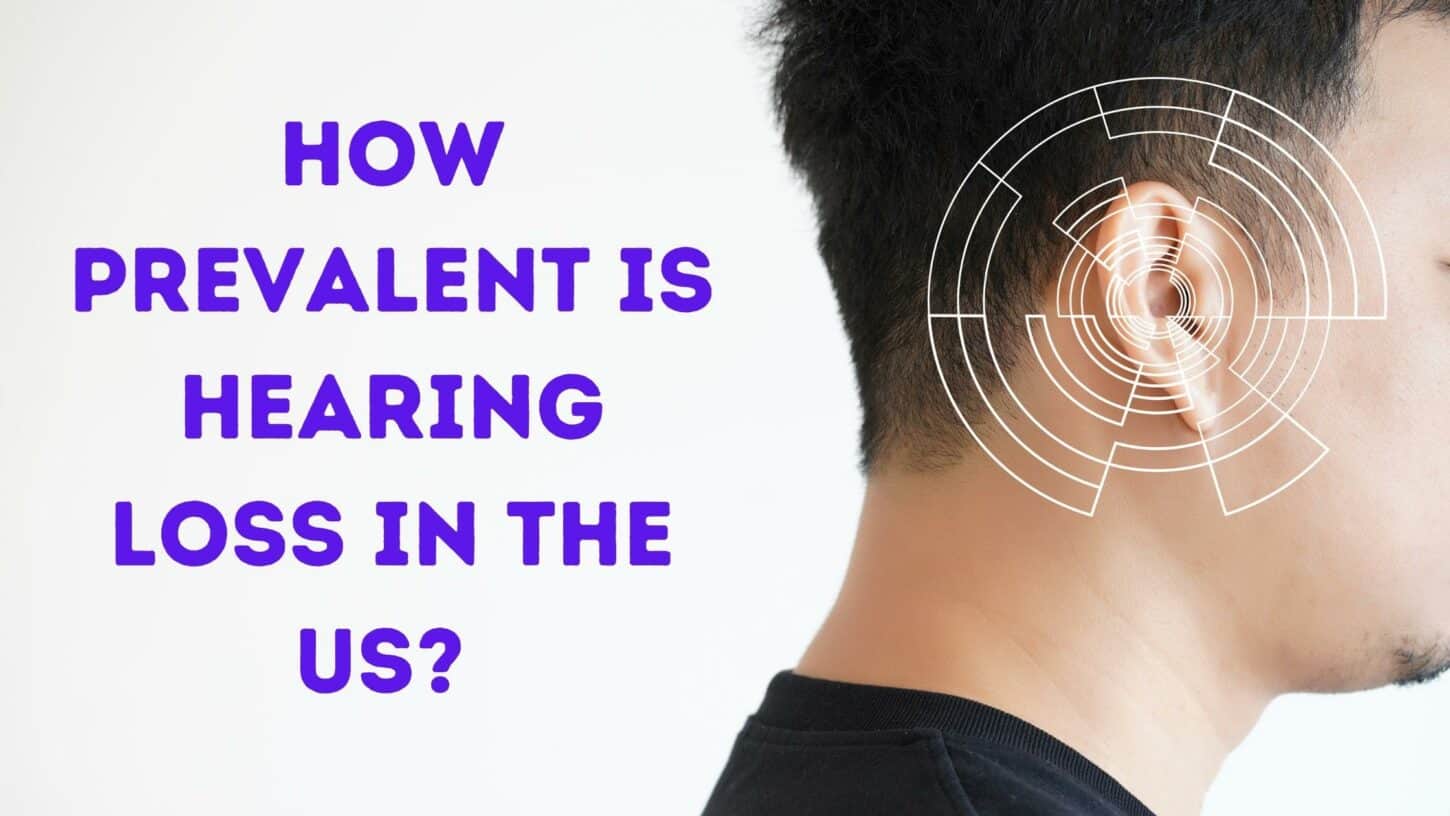How much do you know about hearing loss? Most Americans know at least one person who has a hard time hearing. However, many of us don’t know just how prevalent hearing loss really is. Here are a few quick facts and stats about hearing loss and hearing health in America.
Total Number of Americans with Hearing Loss
The Hearing Loss Association of America reports that approximately 48 million Americans have hearing loss. Hearing loss affects people of all ages.
Some of the most common causes of hearing loss are age, noise exposure, and injury or illness. Adults over 75 are more likely to have hearing loss than younger adults. When it comes to noise, over 22 million Americans are exposed to dangerously loud noise at work. This increases the risk of hearing loss. Injury and illness can also damage the ear or auditory regions of the brain, and lead to hearing loss.
What Happens When You Have Hearing Loss?
Hearing loss can impact your physical, emotional, and mental health and well-being. It also makes it hard to communicate, stay social, and maintain your close relationships. Hearing loss is even linked to poor job performance, lower self-esteem, and higher rates of anxiety and depression.
Hearing Loss in Adults
It’s estimated that about 14% of American adults between the ages of 20 to 69 have some hearing loss. Rates of hearing loss increase with age. About 25% of adults aged 65 to 74 have hearing loss. And half of adults over 75 have hearing loss!
Veterans are also more likely to have hearing loss. More than 2.7 million veterans are in treatment for hearing loss issues, or receive compensation for hearing loss.
Tinnitus is slightly more common than hearing loss. Around 50 million Americans have tinnitus, a ringing or buzzing sound in the ears. This annoying sound makes it hard to focus on tasks, have conversations with friends, or even fall asleep at night. Tinnitus and hearing loss often occur at the same time, so many of those with tinnitus also have hearing loss.
Hearing Loss in Children
According to the National Institute on Deafness and Other Communication Disorders (NIDCD), 2 or 3 children per 1,000 children have some hearing loss at birth. Of these kids, over 90% are born to parents with normal hearing. Ear infections are another cause of hearing loss in children. Ear infections are very common, and 5 out of 6 kids will have at least one ear infection before the age of 3.
Teens also have hearing loss. It’s estimated that about 1 in 5 American teens have some hearing loss. This may be due to hearing loss present at birth, from an illness or injury, or from noise exposure. Teens often have very unsafe listening practices, turning up the volume on their personal listening devices to dangerously loud levels. In fact, 12.5% of kids 6 to 19 years old have hearing loss from listening to loud music.
Avoiding Treatment
Sadly, many Americans who need hearing aids aren’t wearing them. The NIDCD reports that only 16% to 30% of adults who need hearing aids are actually using them. And what’s more, people with hearing loss may wait up to 7 years before seeking help!
Modern Hearing Aids
Hearing aids improve your quality of life. If you or a loved one has hearing loss, sophisticated modern hearing aids can make all the difference. These devices get more advanced every year. They have programs and features to help you hear in background noise and focus on speech. Some have connectivity features so you can connect your devices directly to your phones. Others have rechargeable batteries, so you’ll never fiddle with hearing aids batteries.
Hearing aids are very effective in treating hearing loss. When you wear hearing aids with consistency, you’ll easily participate in conversations. You’ll be able to hear without straining, and even follow what’s being said on the TV or over the phone.
Contact us today to learn more about your hearing abilities. If a hearing loss is detected, we’ll help you find the style of hearing aid that works for you, making sure you have all the programs you need to help you hear clearly.


